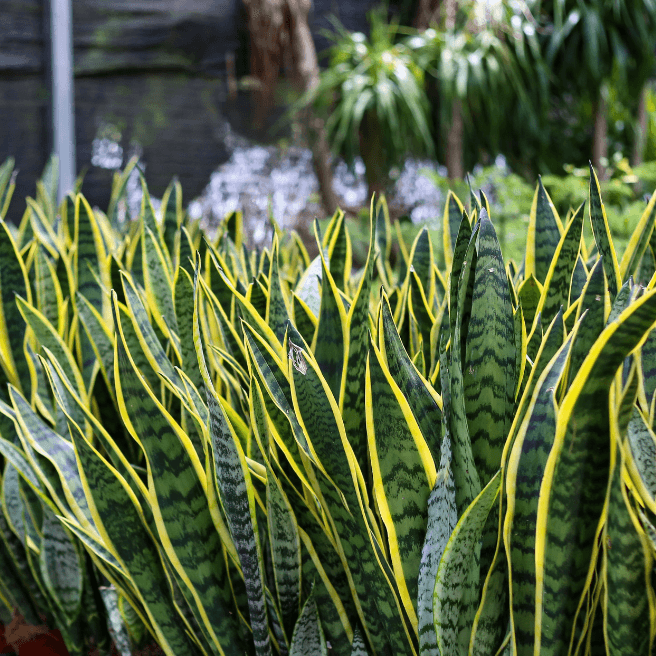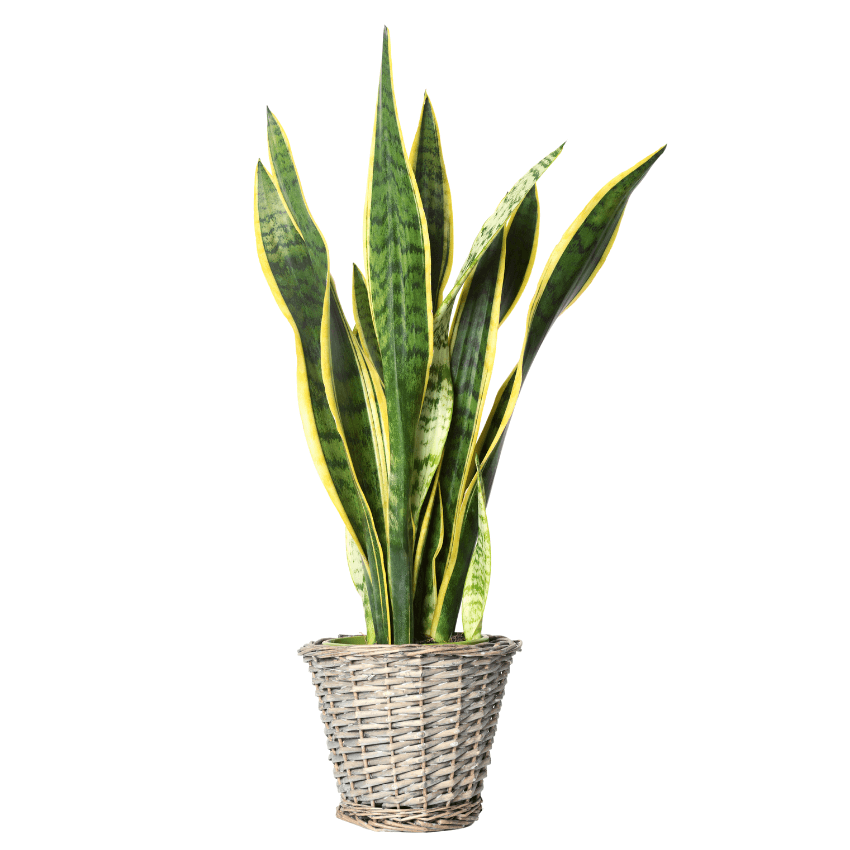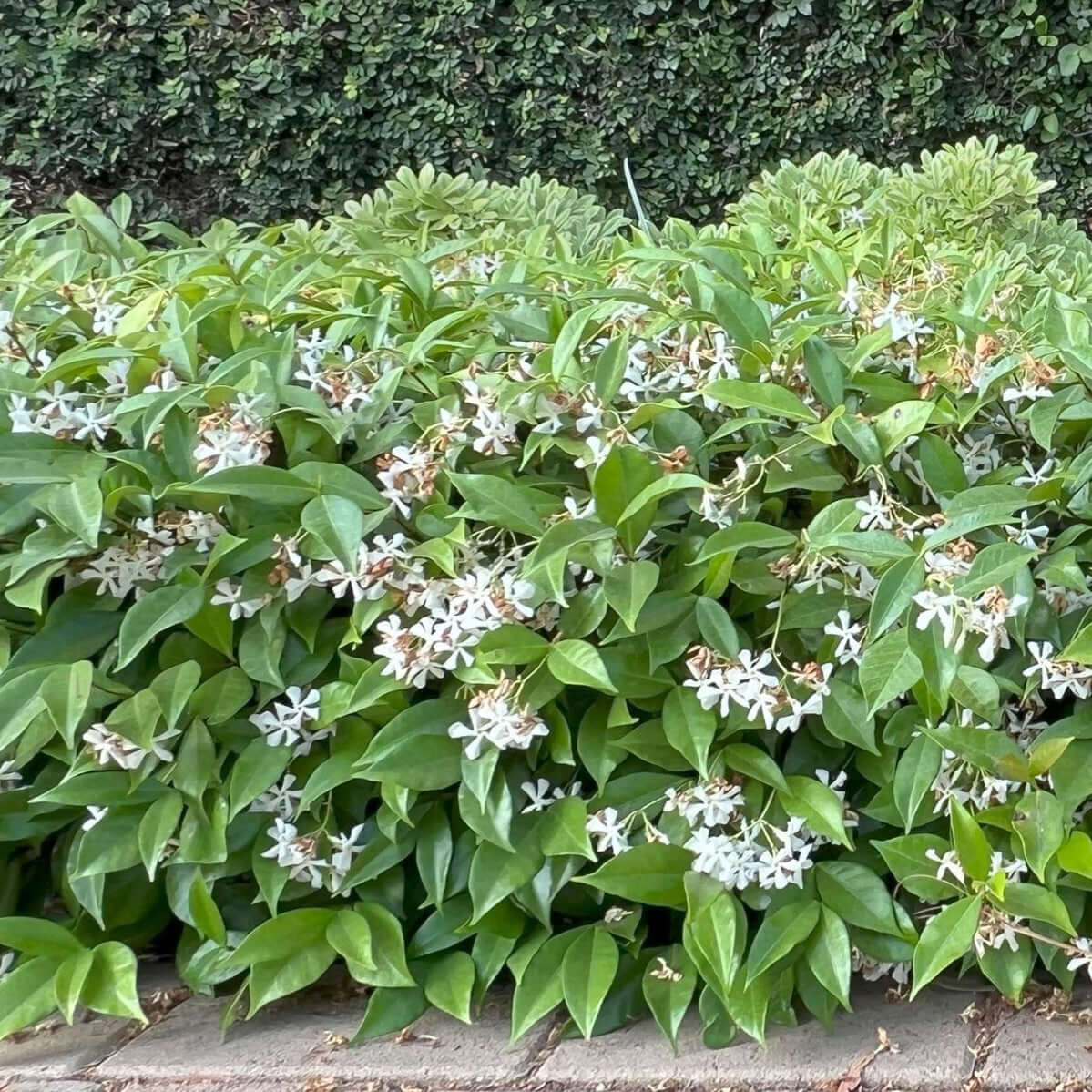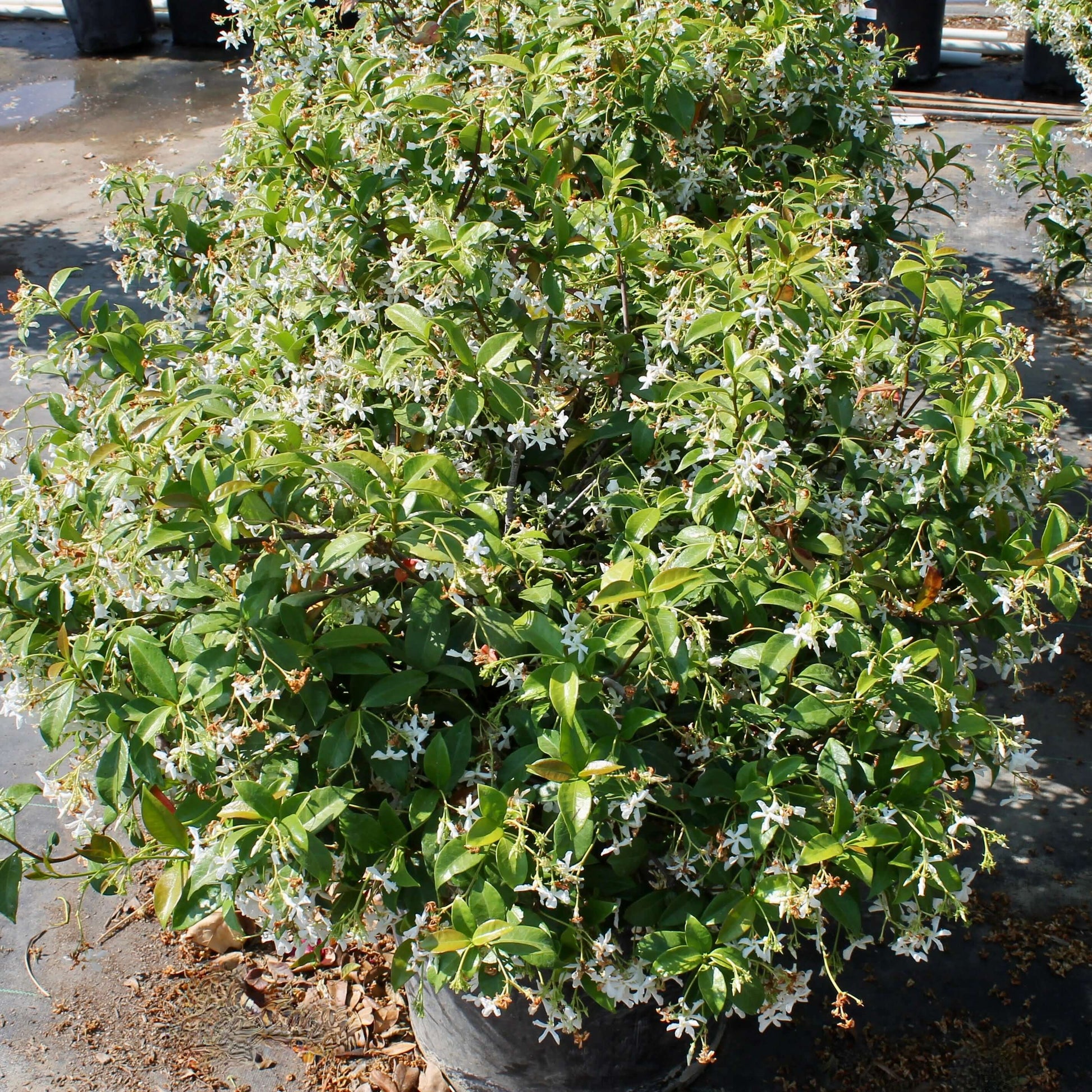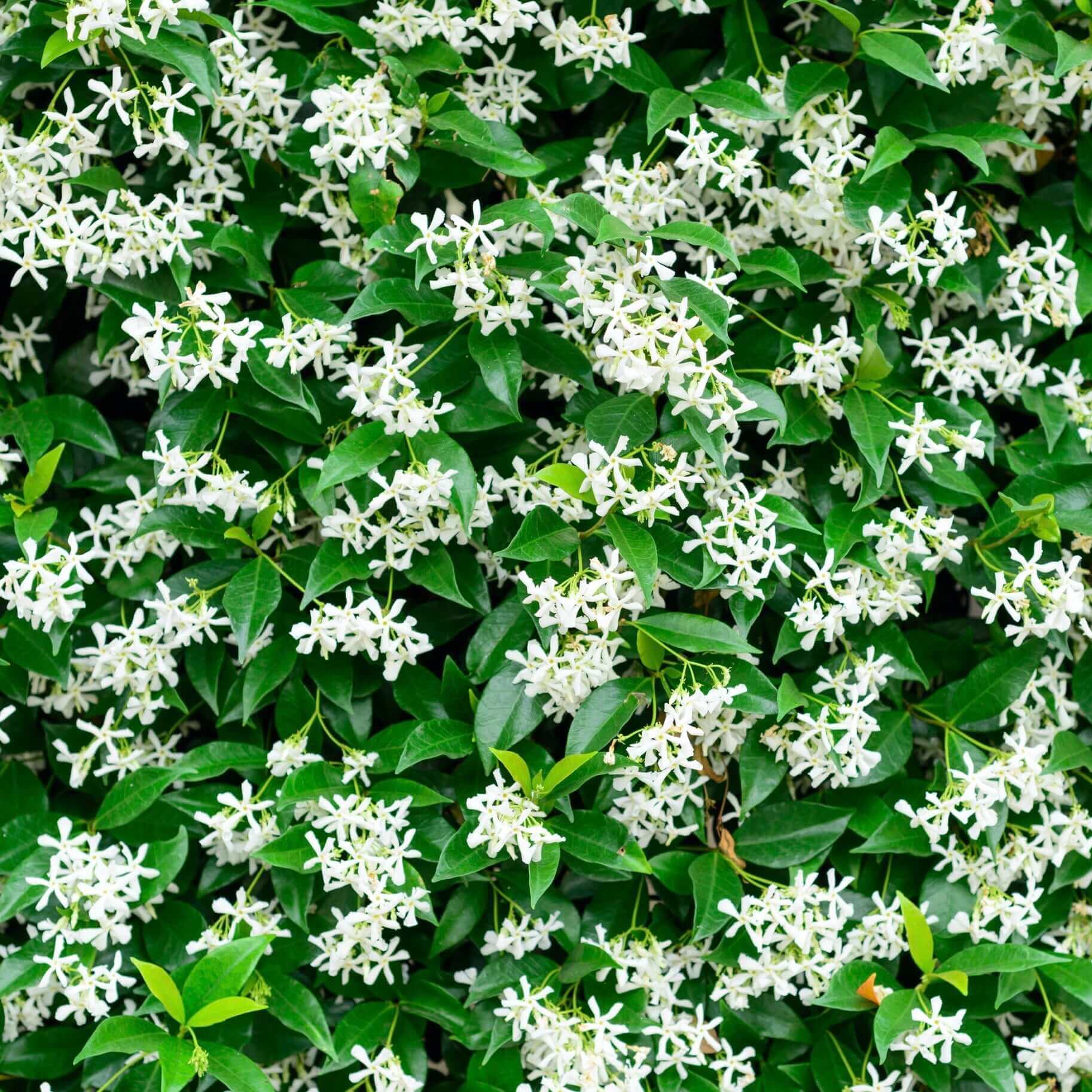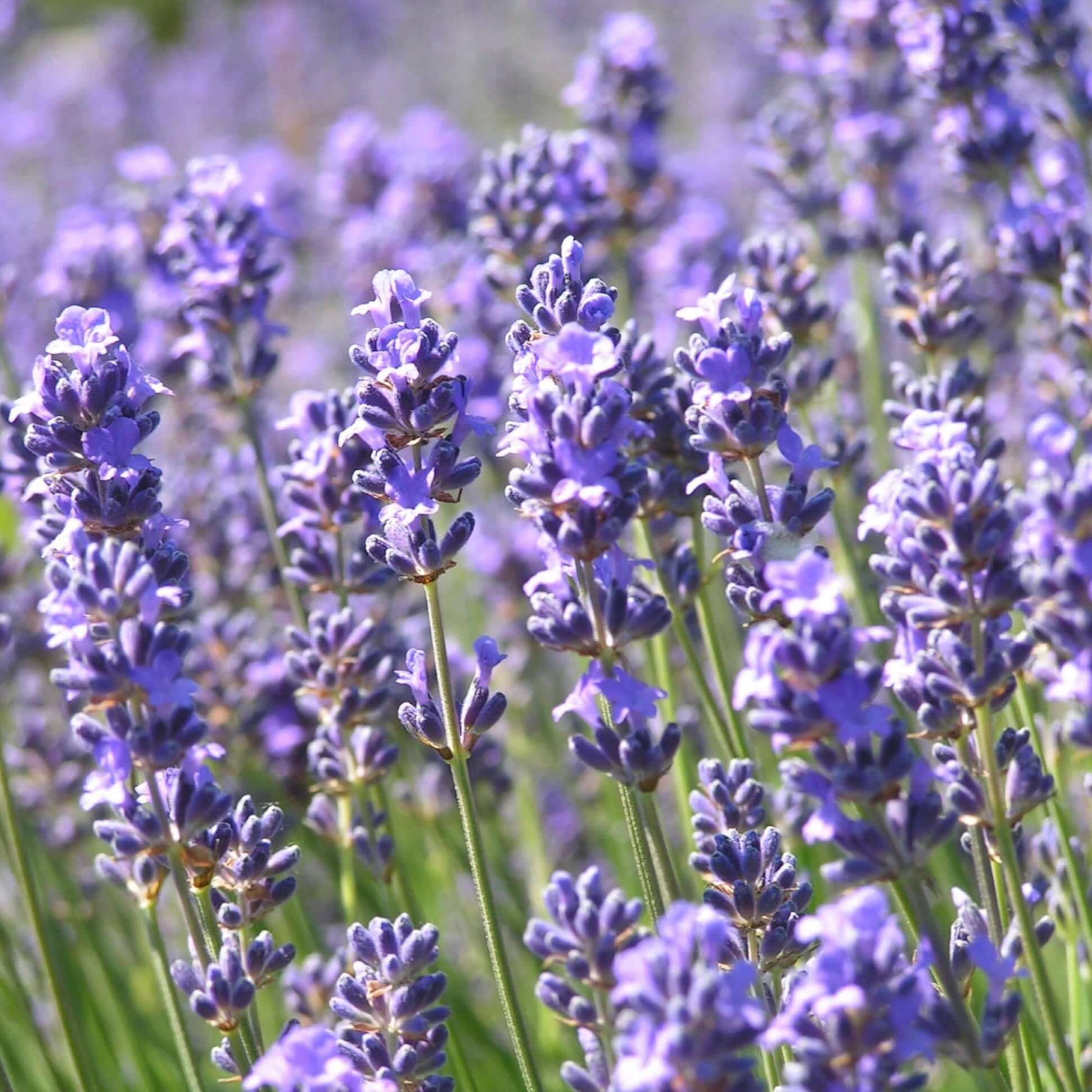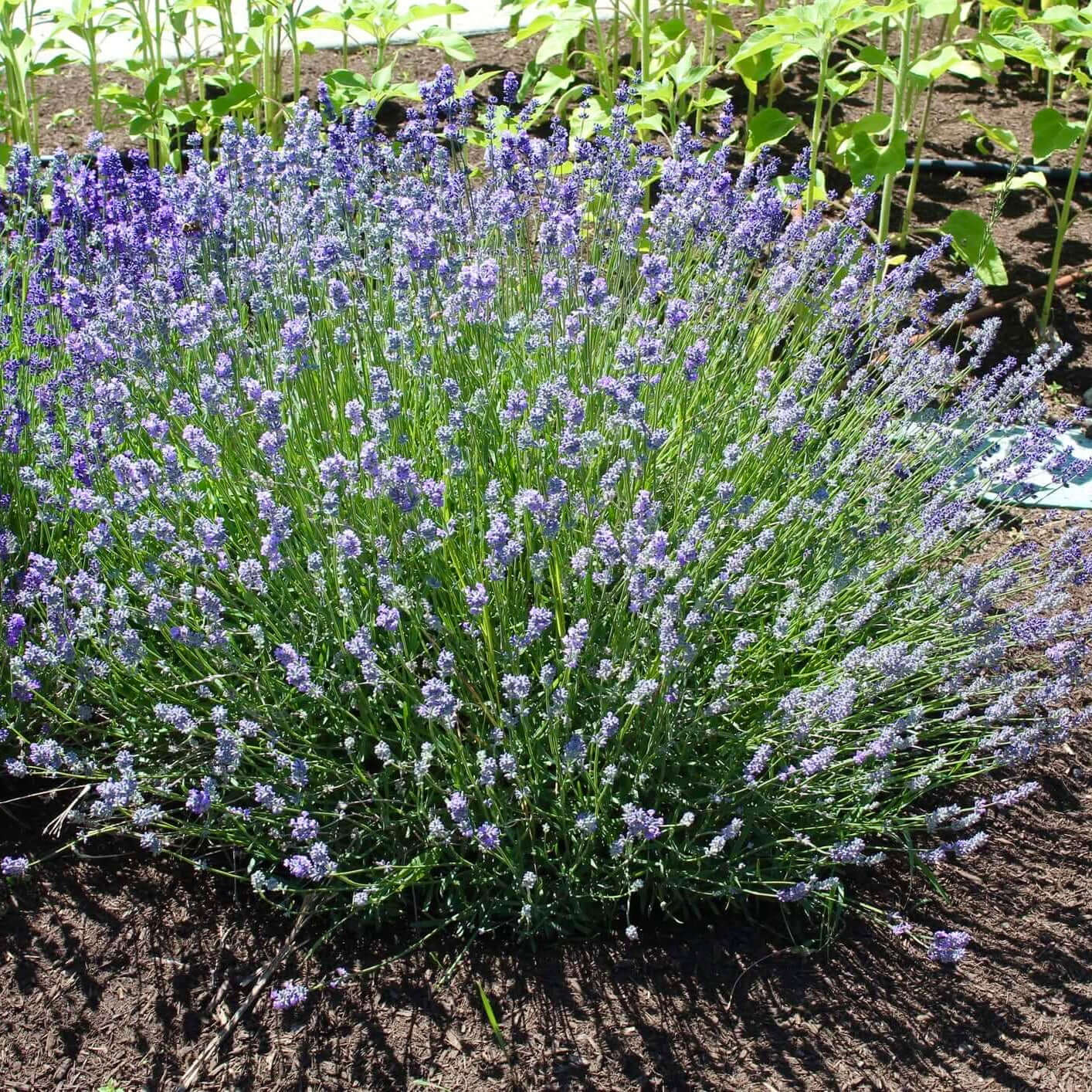How Greenery Enhances Your Well-Being
Plants have long been celebrated for their beauty and ability to transform spaces, but recent research has unveiled an even more profound benefit: plants can significantly enhance our physical, mental, and emotional health. From improving indoor air quality to reducing stress and boosting productivity, plants offer a variety of health advantages that make them more than just aesthetic additions. Whether in homes, offices, or public spaces, the presence of plants has proven transformative effects on well-being. In this guide, we’ll dive into the extensive health benefits of plants, backed by science, and explore why incorporating more greenery into your daily life can make a meaningful difference.
Why Plants are Essential for a Healthier Life
Humans have coexisted with plants for millennia, relying on them for food, medicine, and shelter. In modern times, as people spend more time indoors, the benefits of plants have become increasingly relevant to our overall health. Studies have shown that plants contribute to human well-being by enhancing indoor air quality, boosting mood, promoting relaxation, and even improving physical health. Let's explore these benefits in detail.

1. Improved Air Quality
One of the most significant benefits of plants is their ability to improve air quality. Indoor air pollution is a major concern, as modern buildings often contain materials and products that release harmful volatile organic compounds (VOCs) like benzene, formaldehyde, and trichloroethylene. These chemicals can contribute to various health problems, including respiratory issues and allergies.
- Natural Air Purifiers: Plants absorb carbon dioxide and release oxygen through the process of photosynthesis, which helps to freshen the air. Certain plants, like the spider plant, snake plant, and peace lily, are particularly effective at filtering VOCs and other airborne toxins.
- Humidity Regulation: Plants release moisture through a process called transpiration, which can help increase humidity in dry indoor environments. This added humidity reduces respiratory discomfort, lowers the risk of skin irritation, and can even reduce the chances of catching a cold or flu.
- Particulate Removal: Plants also capture dust, pollen, and other airborne particulates on their leaves, which can improve overall air quality and reduce allergens in indoor spaces.
2. Reduced Stress and Anxiety
The presence of plants has been shown to have a calming effect on the mind, reducing stress and anxiety levels. In our fast-paced world, where stress-related health issues are increasingly common, adding plants to our surroundings can provide a natural remedy.
- Biophilic Response: The concept of "biophilia" suggests that humans have an innate connection to nature. When we spend time in natural settings or surround ourselves with plants, we experience reduced stress levels, as this connection has a calming effect on our minds.
- Lower Cortisol Levels: Studies have shown that being around plants can decrease levels of cortisol, the stress hormone, leading to a more relaxed state. This can result in lower blood pressure, a slower heart rate, and a general sense of calm.
- Enhanced Mood: Just looking at plants or being in their presence can improve mood. The green color of leaves and vibrant colors of flowers can have a positive impact on mental health, reducing symptoms of anxiety and depression.
3. Enhanced Focus and Productivity
Plants can also improve concentration, memory retention, and productivity, making them ideal additions to both home and office environments. Research has found that plants can boost cognitive function and help people perform better on tasks.
- Improved Attention Span: Studies conducted in schools and workplaces have shown that the presence of plants enhances attention span, memory, and productivity. The natural element of plants can help mitigate "attention fatigue" and improve focus.
- Creativity Boost: Surrounding yourself with greenery has been found to spark creativity. Many artists, writers, and thinkers have cited nature as a source of inspiration, and indoor plants can bring that creativity-inducing element directly to your workspace.
- Reduced Mental Fatigue: In office environments, employees surrounded by plants report feeling more energetic and less mentally drained. Plants provide a restorative effect, helping people feel more motivated and productive throughout the day.

4. Better Physical Health and Faster Recovery Times
Plants don’t just benefit mental health—they also have tangible effects on physical well-being. Having plants in hospitals, homes, and public spaces can contribute to faster recovery times, better immunity, and improved overall health.
- Boosted Immune System: Some studies suggest that exposure to nature and plants can help improve immune function. Plants can indirectly support immunity by lowering stress, improving sleep, and enhancing air quality—all of which are key factors in immune health.
- Faster Healing: Patients recovering from surgery or illness have shown faster recovery rates when they have plants in their rooms or can view nature from their windows. The soothing presence of plants can alleviate pain, reduce the need for medication, and shorten hospital stays.
- Reduced Risk of Chronic Diseases: Lower stress levels, better air quality, and improved mental health all contribute to a decreased risk of chronic illnesses such as hypertension, heart disease, and even diabetes. By improving multiple aspects of health, plants serve as a natural preventative measure against long-term health issues.
5. Enhanced Sleep Quality
Plants can also positively impact sleep quality, especially in environments where air quality or stress might interfere with restful sleep. Certain plants are especially beneficial for improving sleep by releasing oxygen and calming scents that promote relaxation.
- Oxygen Boost: Plants like aloe vera, snake plants, and orchids release oxygen even at night, unlike most plants, which release carbon dioxide after dark. The extra oxygen can help create a fresh, clean sleeping environment, which can contribute to better sleep.
- Aromatherapy Benefits: Lavender and jasmine are known for their soothing scents, which have been shown to reduce anxiety and promote better sleep. These plants release calming compounds that can help people fall asleep faster and improve sleep quality throughout the night.
- Reduced Sleep Disorders: Poor air quality and stress are common contributors to sleep disorders like insomnia. By filtering out indoor air pollutants and helping to reduce stress, plants can indirectly improve sleep patterns.
6. Allergy Relief and Respiratory Health
Indoor plants can play an essential role in mitigating allergies and improving respiratory health. By removing allergens and maintaining humidity, plants make indoor environments more comfortable for those with respiratory issues.
- Allergen Reduction: Plants such as peace lilies and snake plants trap dust, pollen, and other airborne allergens on their leaves, which can help reduce allergy symptoms indoors. Regularly cleaning the leaves of these plants can enhance this effect.
- Respiratory Support: Increased humidity from plant transpiration can relieve respiratory discomfort associated with dry air, such as scratchy throats, dry eyes, and irritated sinuses. This is particularly beneficial in winter, when heating systems can reduce indoor humidity.
- Decreased Asthma Symptoms: For some asthma sufferers, plants that improve air quality and maintain humidity can help relieve symptoms by reducing airborne irritants and allergens.
7. Connection to Nature and Reduced Feelings of Isolation
In today’s urbanized world, many people spend the majority of their time indoors, often in environments devoid of nature. Plants can bridge the gap, offering a natural connection that has numerous psychological benefits.
- Improved Well-being: Studies have shown that people who live surrounded by plants or spend time in natural environments experience greater overall life satisfaction and happiness. Plants in indoor settings can replicate this effect, creating a sense of peace and connection to nature.
- Combating Loneliness: For those who feel isolated, especially during periods of remote work or limited social contact, caring for plants can provide a sense of companionship and purpose. This connection to another living thing can alleviate loneliness and improve emotional well-being.
- Therapeutic Value: Horticultural therapy, which involves gardening and plant care as therapeutic activities, has been used to help individuals cope with anxiety, depression, and trauma. The act of caring for plants can foster mindfulness, patience, and a sense of accomplishment.

Embrace the Health Benefits of Plants for a Balanced Life
Plants are more than just decorative items; they are nature’s remedy for many modern-day health challenges. From purifying indoor air to enhancing mental well-being, improving sleep, and even promoting cognitive growth, the health benefits of plants are both extensive and scientifically proven. As the world becomes more urbanized, finding ways to connect with nature and incorporate plants into daily life becomes increasingly essential.
By embracing plants in your home, workplace, and community, you not only contribute to a healthier environment but also enhance your own quality of life. Whether you’re looking to reduce stress, boost productivity, or simply add beauty to your surroundings, plants offer a holistic and accessible way to improve your physical, mental, and emotional well-being. Investing in plants means investing in a healthier, more balanced life—one rooted in nature and its many life-enhancing benefits.

